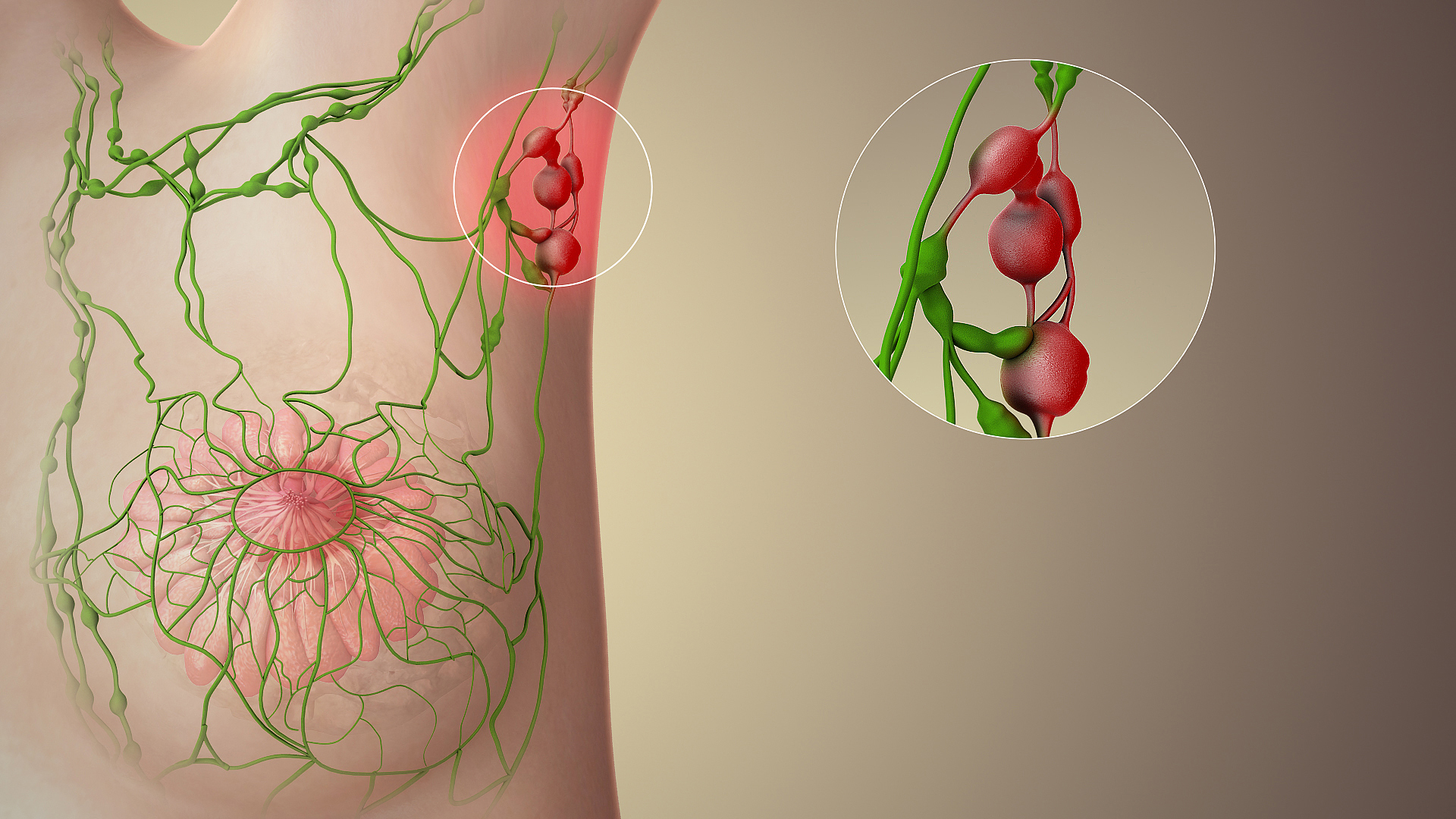Understanding Lymphoma Nodes: Symptoms, Diagnosis, and Treatment
Summary-
- Introduction
- Function of lymph nodes
- Types of lymph nodes
- Symptoms of lymph nodes
- Diagnosis of lymphoma
- Treatment of lymphoma
- Some diet tips
- Summary
- FAQs
Introduction
Lymphoma is a kind of cancer that influences the lymphatic gadget, a community of tissues and organs that assist the frame in combatting contamination and disease. One of the important additives of the lymphatic gadget is the lymph nodes, which might be small, bean-fashioned systems that assist clear out and enticing dangerous materials, including microorganisms and viruses. In this article, we can offer a top-level view of lymphoma nodes, consisting of their function, signs and symptoms, diagnosis, and remedy.
The function of Lymph Nodes
Lymph nodes are an essential part of the frame`s immune gadget, as they assist to clear out and entice dangerous materials which include microorganisms and viruses. They incorporate lymphocytes, a kind of white blood molecular that allows combat contamination and disease. Lymph nodes are discovered at some point in the frame, consisting of withinside the neck, armpits, groin, chest, and abdomen.
Types of Lymphoma
There are foremost sorts of lymphoma: Hodgkin lymphoma and non-Hodgkin lymphoma. Hodgkin lymphoma is characterized via way of means of the presence of Reed-Sternberg cells, which might be huge, unusual lymphocytes. Non-Hodgkin lymphoma, on the alternative hand, is an extra numerous institution of lymphomas that don't have Reed-Sternberg cells.
Symptoms of Lymphoma
The signs and symptoms of lymphoma can range depending on the kind and degree of most cancers. Common signs and symptoms consist of swollen lymph nodes, fatigue, fever, nighttime sweats, weight loss, and itching. In a few cases, lymphoma may also purpose aches or swell in different elements of the frame, which includes the abdomen, chest, or groin.
Diagnosis of Lymphoma
To diagnose lymphoma, a health practitioner will normally carry out a bodily examination and order a sequence of exams. These may also consist of blood exams, imaging exams which include CT or PET scans, and a biopsy of the affected lymph node. In a few cases, a bone marrow biopsy or a lymph node dissection will also be vital.
Treatment of Lymphoma
The remedy of lymphoma will rely upon the kind and degree of most cancers, in addition to the patient's universal health. Common remedies consist of chemotherapy, radiation therapy, and stem molecular transplantation. In a few cases, surgical operations can be vital to dispose of a huge or obstructive lymph node.
Some diet tips for individuals who have been diagnosed with lymphoma:
Eat a balanced diet:
It is important to consume a variety of foods from all food groups, including fruits, vegetables, whole grains, lean proteins, and healthy fats. This will help ensure that the body is getting all the necessary nutrients to support the immune system and overall health.

Limit processed and high-fat foods:
Processed and high-fat foods can be detrimental to health and should be limited as much as possible. Instead, opt for whole foods and lean proteins such as chicken, fish, and beans.
Stay hydrated:
Drinking plenty of water and staying hydrated are crucial, especially during cancer treatment. It can help prevent dehydration, constipation, and other side effects.

Consider supplements:
In some cases, individuals with lymphoma may need to take supplements such as vitamin D, iron, or calcium. Talking to a doctor or dietitian before starting any new supplements is important.
Avoid alcohol and tobacco:
Alcohol and tobacco use can increase the risk of developing lymphoma and can also interfere with cancer treatment. It is best to avoid them altogether.
Overall, a healthy and balanced diet is important for individuals with lymphoma to help support their immune system and overall health during cancer treatment. It is important to work with a doctor or dietitian to develop a personalized nutrition plan that meets individual needs and preferences.
Summary
Lymphoma nodes are an essential part of the frame's immune gadget and play a crucial function in preventing contamination and disease. Symptoms of lymphoma can consist of swollen lymph nodes, fatigue, fever, nighttime sweats, weight loss, and itching. To diagnose lymphoma, a health practitioner may also carry out a bodily examination and order a sequence of exams, consisting of blood exams, imaging exams, and a biopsy of the affected lymph node. Treatment for lymphoma may also consist of chemotherapy, radiation therapy, stem molecular transplantation, or surgical operation.
FAQs
1. Can lymphoma be cured?
• The analysis for lymphoma relies upon the kind and degree of most cancers, in addition to the patient's universal health. While a few sorts of lymphoma may be cured with remedy, others can be controlled as a persistent condition.
2. How not unusual place is lymphoma?
• Lymphoma is tremendously rare, accounting for best approximately 4% of all cancers withinside the United States. However, it's miles one of the maximums not unusual places that sort most cancers in younger adults.
3. Are there any dangerous elements for lymphoma?
• Some dangerous elements for lymphoma consist of a weakened immune gadget, publicity to positive chemical compounds or radiation, and positive infections which include the Epstein-Barr virus and human immunodeficiency virus (HIV).
4. Can lymphoma be prevented?
• There isn't any acknowledged manner to save you from lymphoma, however preserving a healthful lifestyle and keeping off publicity to dangerous chemical compounds or radiation.

